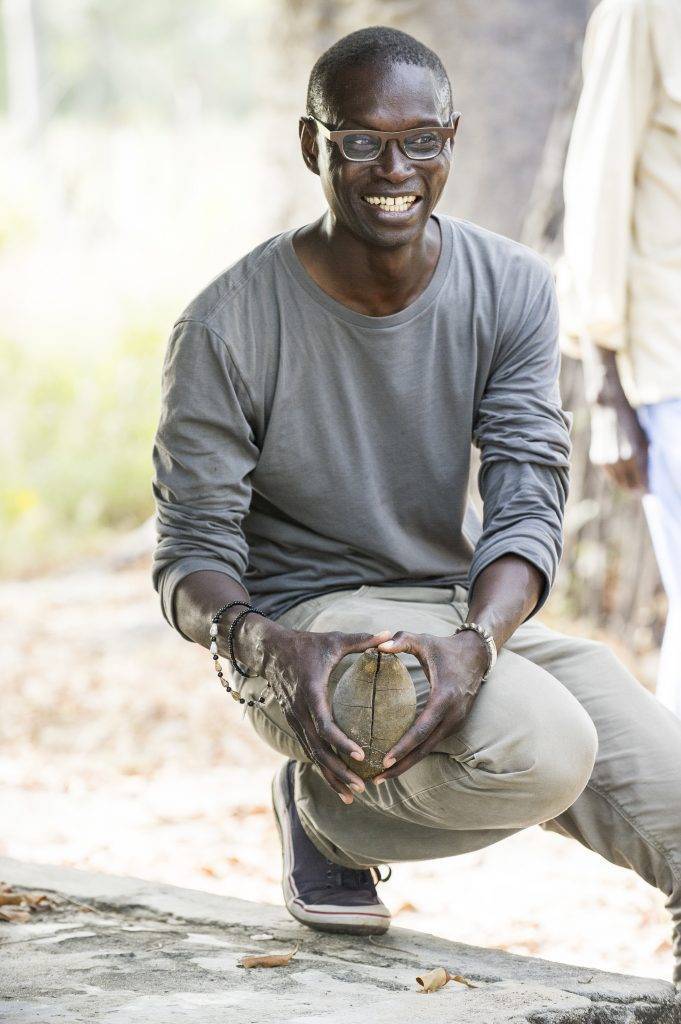
Teranga. It is the word that best represents the values at the heart of society in Senegal. During my trip to Dakar, I experienced it on a daily basis.
There is no direct translation of teranga in English. “Hospitality” comes close but it is an incomplete translation. The best way to understand teranga is to have it explained by someone from Senegal.
Pierre Thiam is a famous Senegalese chef from Dakar. I first learned of Thiam in an episode of Anthony Bourdain: Parts Unknown. (Definitely worth watching.)
In an interview about Senegalese cuisine, Thiam explains teranga this way:
Teranga is the word that symbolizes Senegal the best, I think. It is a Wolof word that would translate to hospitality, but it’s not the right way to translate teranga.
“Teranga is much more than just hospitality. It’s a value. If there’s a set of values in Senegal, teranga would be the most important one. It’s the way you treat the guest. It’s the way you treat the other, the one who is not you. That person becomes the one to whom you have to offer teranga. You have to treat him with so much respect. You have to offer him what you have. And you have to invite him to sit around your bowl.
“There’s always room for the other around your bowl. Why? Because we believe that the other is bringing blessings. When you share your bowl, your bowl will always be plentiful. This is the deep-rooted Senegalese belief; we believe that there’s always more. You will never lack by sharing. Actually, when you share, you guarantee yourself that tomorrow if there’s more, there’s going to be more food in your bowl. This is a country that values the wealth of a person not by how much he has, but by how much he shares, by how much he gives.
“That’s what I would say to summarize what teranga means. There’s not one word that describes it, but teranga is what Senegal is. It’s something that’s really unique to my country. I’m not saying that because I’m Senegalese. It’s just this value has been instilled in us that we have to treat the other as the most important person in the world.”
It’s a beautiful word and a beautiful idea. The world could certainly use more teranga.
Speakers can also learn a lesson from Pierre Tham and apply the principle of teranga in their speeches and presentations.
- The audience is your guest.
- You must treat the audience with great respect.
- You have to offer the audience what you have — knowledge, insight, hope, inspiration, guidance, motivation.
- When you share your bowl (i.e., your message and yourself) on stage, your bowl will never be empty. There will always be more: more people who know you; more people for whom you make a difference; more speaking opportunities; and more chances to leave your mark on the world.
I find the whole idea behind teranga inspirational and aspirational, and I have been thinking about it a lot.
In his show about Senegal, Anthony Bourdain said:
“Some places surprise you. Even if you’ve been traveling nearly non-stop for 15 years like me, there are places that snap you out of your comfortable world view, take your assumptions and your prejudices, and turn them upside down. They lead you to believe that maybe, there is hope in the world. Senegal is one of those places.”
I understand what he means.
Photo courtesy of www.pierrethiam.com















